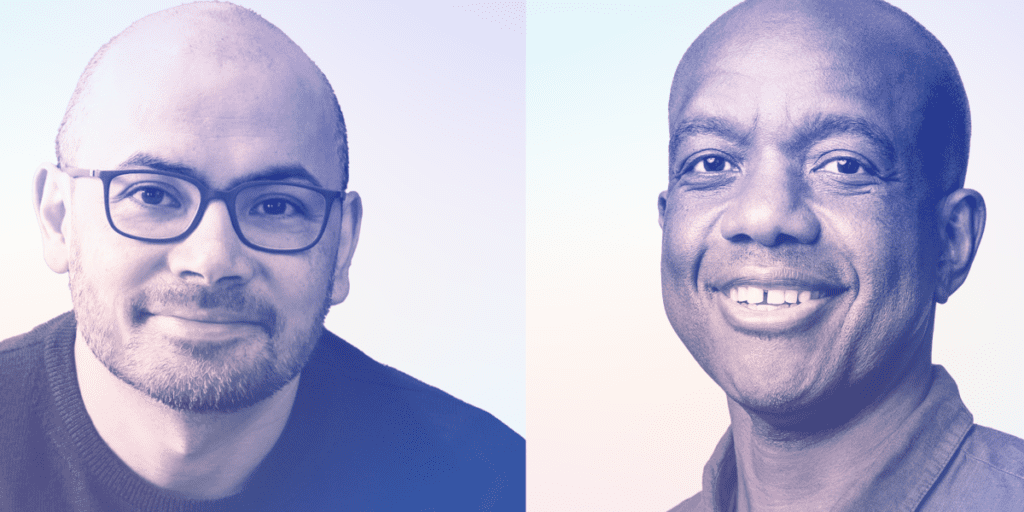Unlocking the Universe: How AI is Transforming Scientific Discovery
If you’re keen on unraveling the mysteries of the universe, immersing yourself in the works of renowned scientists and philosophers like Feynman, Curie, and Kant is a great place to start. Their insights have shaped modern civilization, pushing the boundaries of human knowledge. However, amid all this intellectual advancement, we still grapple with profound questions about time, consciousness, and the very fabric of reality.
To tackle these questions, the scientific community is now looking towards innovative tools and methods – one of the most promising being artificial intelligence (AI). For over two decades, Google DeepMind has pursued the vision of developing Artificial General Intelligence (AGI)—a form of AI that can perform cognition-alike tasks at a human level. The potential of such systems is immense; they may not only deepen our understanding of the universe but also address some of society’s toughest challenges.
A landmark moment occurred in 2016 when DeepMind’s AlphaGo beat a world champion at the complex board game Go, showcasing the capabilities of AI. Building on this momentum, we turned our focus towards a pressing scientific challenge: the "protein folding problem." Proteins are crucial players in every biological process, and understanding their structure is key to comprehending diseases and enhancing drug discovery.
Predicting the three-dimensional shape of a protein based solely on its amino acid sequence is no small feat. In fact, the possible configurations for a typical protein far exceed the number of atoms in the universe. Traditionally, deriving these structures through experimental methods has been painstakingly slow, often requiring years of work. With about 170,000 protein structures cataloged in the Protein Data Bank, researchers have long awaited a breakthrough.
Enter AlphaFold. A game-changer in protein folding, AlphaFold was recently awarded the Nobel Prize in Chemistry. By leveraging a complex model that learns from existing protein structures, AlphaFold can predict new protein shapes in just minutes, achieving atomic-level accuracy. This speed is transformative; it allowed us to predict the structures of over 200 million proteins within a year—a task that would have taken centuries using traditional methods.
To maximize its impact on society, we made AlphaFold publicly accessible in collaboration with the European Bioinformatics Institute (EMBL-EBI). Since then, over 2 million researchers from 190 countries have harnessed this tool to advance a variety of scientific endeavors, such as creating enzymes to tackle plastic waste and developing effective malaria vaccines.
The application of AI in science doesn’t stop there. At DeepMind and Google Research, we are collaborating with academic partners to drive innovations in several areas, including plasma control in fusion reactors, new materials discovery, and better weather predictions. For instance, during climate change emergencies, our AI-driven Flood Hub can now predict riverine flooding up to a week in advance. Initially piloted in Bangladesh, this platform now reaches hundreds of millions of people across more than 80 countries.
As we boldly venture into this new era of AI-driven scientific inquiry, it’s essential to recognize our responsibility to ensure that its development benefits humanity at large. This is where interdisciplinary collaboration becomes vital; bringing ethicists, philosophers, and social scientists into the conversation around AI’s future will help guide its ethical use.
A prosperous future with AI hinges on cooperation among industry, government, academia, and civil society. We’re working hard to establish a regulatory framework that not only fosters innovation but also promotes AI advancements that serve everyone.
AI stands to be one of the most transformative technologies ever conceived. While we face significant technical and ethical challenges ahead, a combination of human ingenuity and time can lead us through. As discoveries build upon one another, we may be on the brink of a new golden age of exploration, bringing us closer to unlocking some of life’s biggest mysteries.
To wrap it all up, the AI Buzz Hub team is excited to see where these breakthroughs take us. Want to stay in the loop on all things AI? Subscribe to our newsletter or share this article with your fellow enthusiasts.




